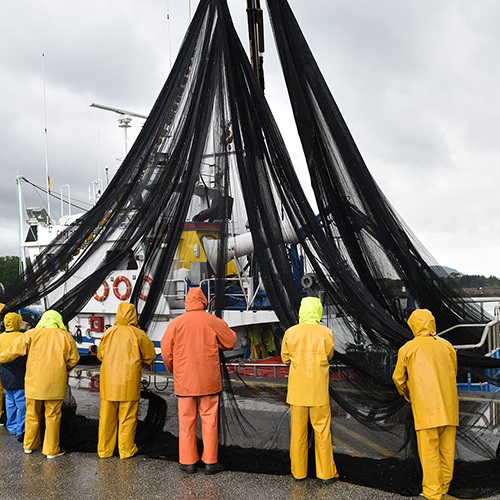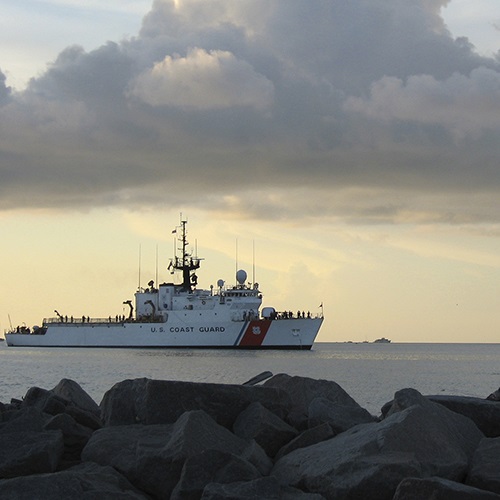Billions of people around the world depend on the fishing industry for both their food and livelihoods.
For many, sustainable fishing is a necessity, not a luxury. The alternatives are poverty, malnutrition, and hunger.
With increasing population levels and challenges like climate change, sustainable fishing is vital to ensure food security and to protect the livelihoods of millions of people around the world. In fact, about 200 million people are directly or indirectly employed in fish and seafood industries.
According to the United Nations Food and Agriculture Organization (UN FAO):
3.2 bn
people get at least 20% of their daily animal protein intake from fish
33 million
people employed directly in wild capture fishing sector
Up to 7.3%
of the global population relies on fisheries for their livelihood
Sustainable fishing, sustainable communities
The MSC encourages responsible fisheries management and sustainable practices to protect the future of fishing communities.Fishing is often a family business – future generations will only benefit if oceans remain healthy. Responsible fishers are choosing to fish sustainably in order to pass on their treasured way of life. 37% of the world’s population live in coastal communities where whole families are often employed in fishing. Women account for most of the workers in secondary marine-related activities such as fish processing and marketing.
Buying MSC certified fish and seafood helps sustain the livelihoods of those fishing responsibly.
A collective effort
The MSC program is a collective effort that could not exist without the many people around the world who work to safeguard fish stocks, ecosystems, and livelihoods of fishermen. Read more about the people behind the blue fish label.
Find out more

Our approach
Our approach means everyone can play a part in that future while enjoying seafood, not avoiding it.

Overfishing, illegal and destructive fishing
The MSC was formed to address the problem of overfishing. Our program works against illegal and destructive fishing practices.


